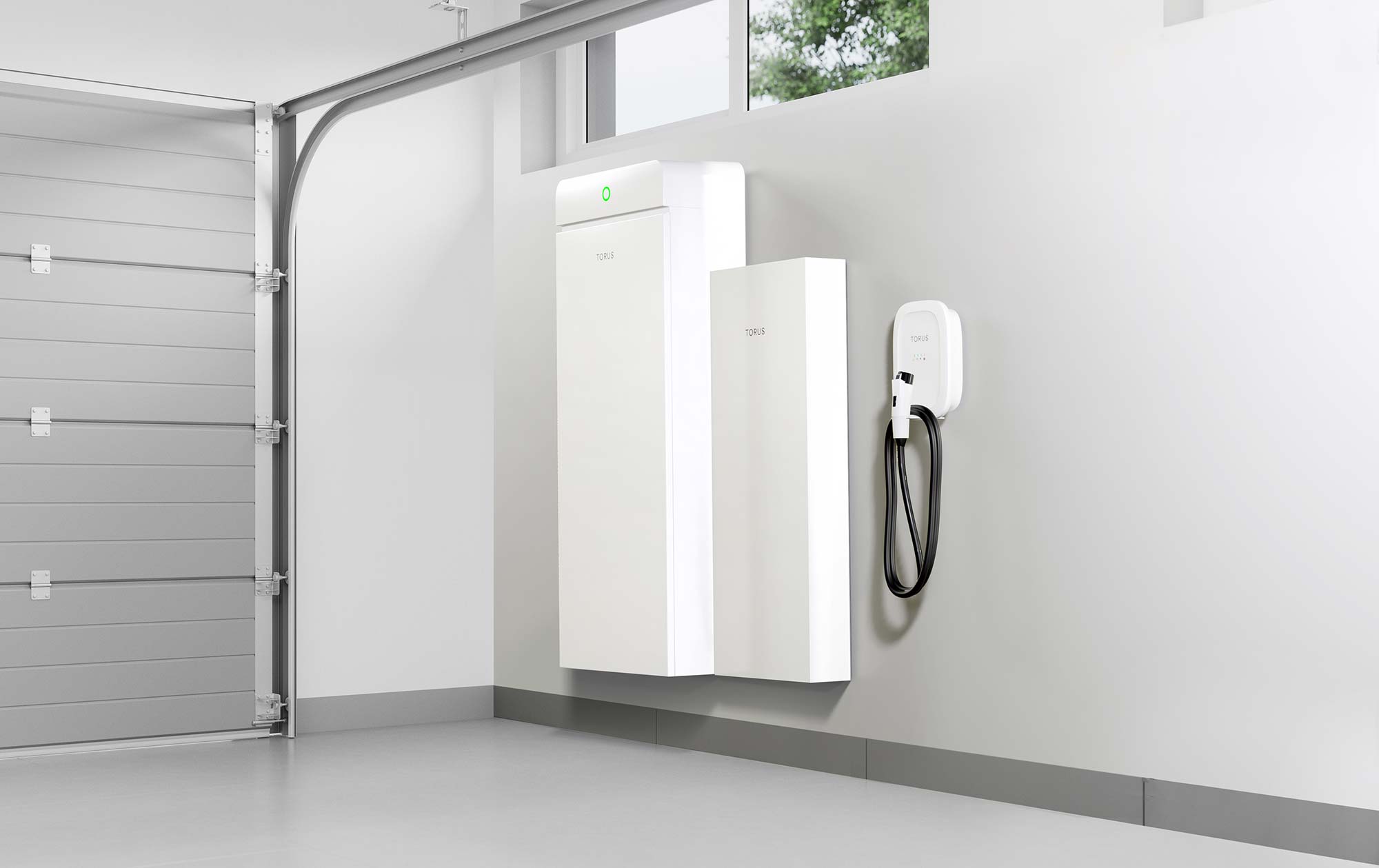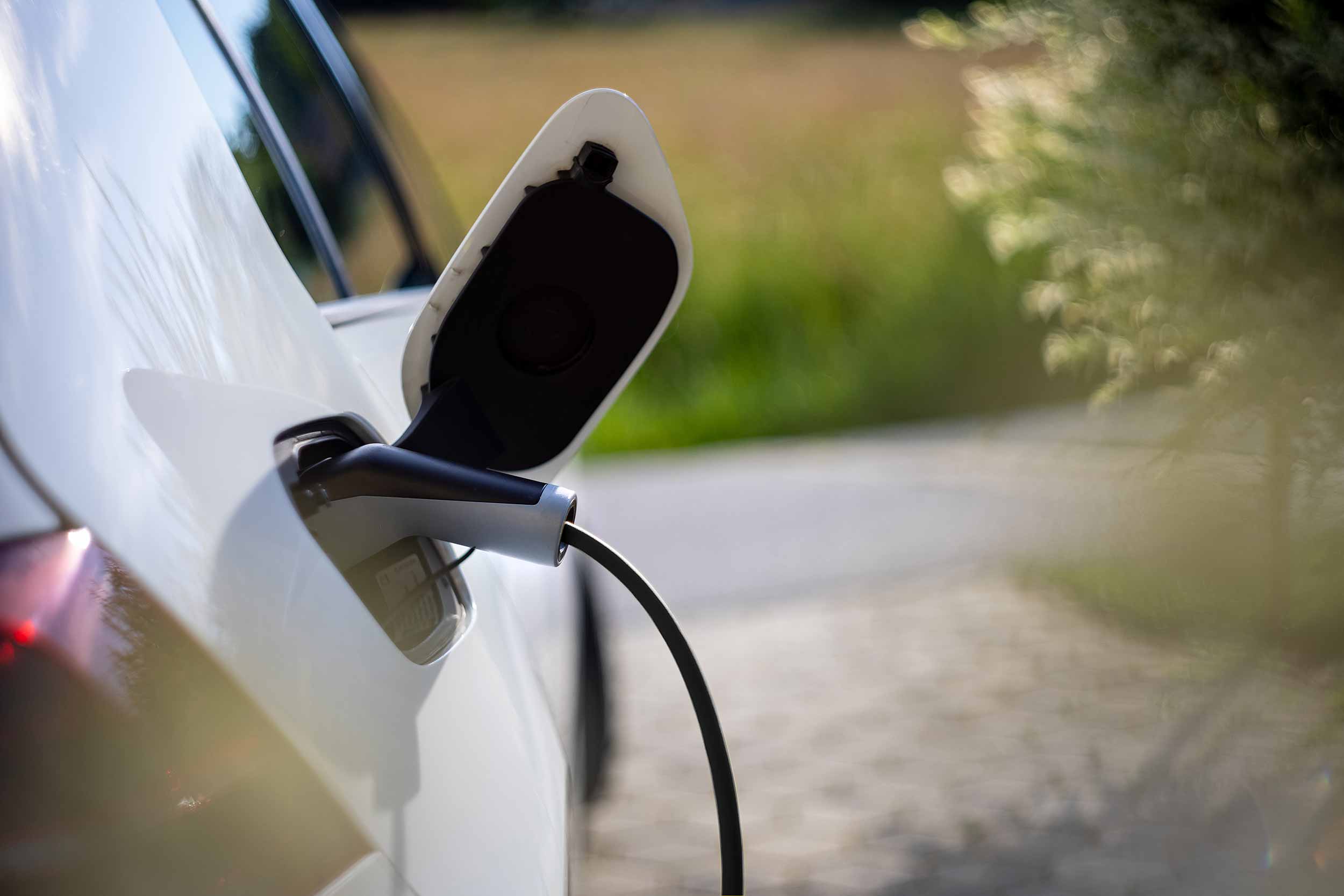What is a home battery?
Everything you need to know about storing electricity at home
Put simply, it’s just what it sounds like: A solar battery and home storage system works by storing the energy produced from renewable sources (like solar or wind power) for later use. Think of it like a savings account, where money is deposited and saved up for a (sometimes literal) rainy day. In short, energy storage systems have two main concepts to keep in mind: power output and energy storage capacity. Power output is like the width of a pipe that determines how much energy you can push through at a single moment. Energy storage capacity is like the size of a reservoir that determines how long you can power whatever you're using. Read on for a bit more on each, along with a few overall benefits of energy storage.
Power Output
Power output, often measured in kilowatts (kW), determines the rate at which energy can be delivered from the storage system. It is comparable to the width of a pipe through which energy flows, defining the maximum amount of energy that can be pushed through at any given moment. A higher power output allows for the simultaneous operation of multiple high-demand electrical appliances—such as air conditioners, electric vehicle chargers, or power tools—without experiencing a significant drop in performance.
Energy Storage
Energy storage capacity, on the other hand, is measured in kilowatt-hours (kWh) and represents the total amount of energy that can be stored within the system. It is akin to the size of a reservoir, determining how long the stored energy can power the electrical load. A larger energy storage capacity enables the system to meet sustained energy demands over a longer period. For example, during extended power outages or periods of low renewable energy production, a higher energy storage capacity ensures a reliable power supply for critical loads, such as refrigeration and lighting.
Batteries and Clean Energy
Renewable energy needs battery storage in order to effectively replace electricity generated by fossil fuels. Unlike fossil fuels, which can generate a relatively constant and predictable supply of energy, clean energy resources like solar and wind power are subject to natural fluctuations. Batteries act as a crucial intermediary, allowing excess energy generated during periods of high production to be stored for later use, when energy demand exceeds supply.
The Torus Station is the most effective way to create, store, and manage clean, renewable energy at home. Curious? Learn more! Interested in a free consultation? Get in touch. Ready to commit? Customize your system!




